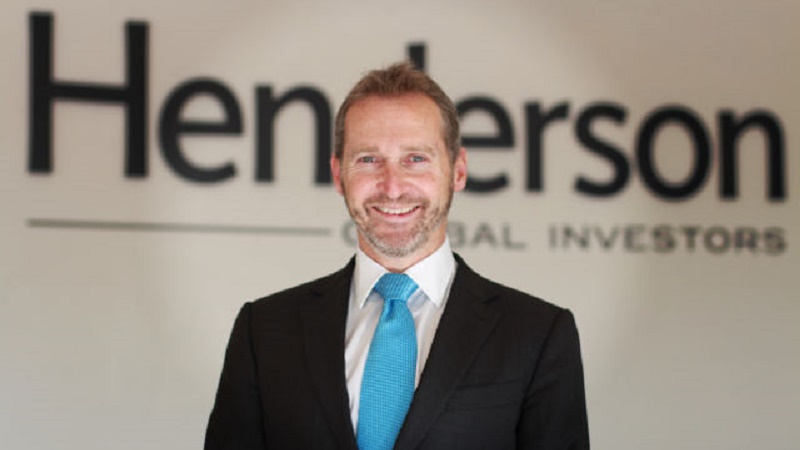Jupiter’s appointment of ex-Janus Henderson co-CEO Andrew Formica (pictured) has reignited rumours the asset manager could be headed for a potential takeover.
The FTSE 250 manager confirmed in a stock announcement on Tuesday that Maarten Slendebroek would be stepping down as CEO and replaced by Formica in May 2019.
The group revealed it had been planning for Slendebroek’s departure within the next couple of years, but Portfolio Adviser understands this process was accelerated due to Formica’s availability. Formica exited Janus Henderson last August with a $12m severance package after the firm decided to ditch its co-chief executive leadership structure. He resurfaced months later as an adviser to Manchester family office Artorius.
‘Formica’s got form in takeovers’
“Can we expect his ‘buy and build’ approach at Jupiter? Quite possibly,” said Darius McDermott, managing director of Chelsea Financial Services.
According to Shore Financial Planning director Ben Yearsley Jupiter now looks like “a definite takeover target”.
“Formica’s got form in takeovers on both sides of the equation so I would say this puts them in play massively,” he said.
During Formica’s nearly decade-long reign as Henderson CEO, he steered the group through several acquisitions, purchasing and integrating John Duffield-owned New Star Asset Management, then Gartmore and finally merging Henderson with Janus in May 2017.
Given Formica’s previous handiwork at Henderson, Yearsley said it is tempting to draw parallels with Jupiter. Like Henderson was at the time, Jupiter is a “good standalone buy for anyone who wants to enter the UK market,” such as an Asian or American asset manager, said Yearsley.
Jupiter doesn’t require radical surgery
Not everyone agreed with this assessment.
“Jupiter is a profitable and successful business already, not one that requires radical surgery,” said Tilney managing director Jason Hollands.
Hollands cautioned against reading too much into Formica’s appointment.
“While there are probably around a thousand asset management firms in Europe, there are only a handful of listed asset management companies,” he said. “Communicating with the market alongside the running the business and executing the board’s strategy is an important component of a listed CEO’s role, so the board will have wanted to secure him before he was snapped up elsewhere.”
Depressed share price
The business could look even more attractive to foreign investors due to its depressed share price, according to commentators.
The fund group’s share price is down around 25% since Slendebroek took over from Edward Bonham Carter as CEO in March 2014.

By contrast, the FTSE All-Share has risen more than 4% over the same period. Including dividends, Jupiter has produced a total return of 0% compared with the FTSE All-Share’s 24%.
CEO’s are typically measured on how the share price does, Yearsley noted. “On that basis he’s performed poorly. You’d have done better in the FTSE-All Share than buying Jupiter shares”.
The steep drop-off in share price follows a tough year in which the firm has been racked by redemptions mainly stemming from its €6bn Dynamic Bond fund run by Ariel Bezalel.
Formica supportive of organic growth
Despite Formica’s reputation for M&A Portfolio Adviser understands that the incoming chief executive is supportive of the asset manager’s organic growth strategy, which has seen it try to expand its geographic footprint, client base and product range.
With Slendebroek at the helm the group has added seven new offices, two agent relationships and boosted its international headcount by 37 people. It has taken in £5.8bn of cumulative inflows since 2014, £5.5bn of which has come from markets outside the UK.
However McDermott said Formica’s appointment reveals “the ambition of Jupiter’s board and shareholders to continue to grow the business in a very tough environment”.
“Andrew’s track record would suggest he has the ability to build a much more global business,” he added.
Slendebroek has previously swatted away suggestions that Jupiter is headed for a takeover. At the firm’s annual investment dinner last year he said: “We like other people to do M&A and when the crumbs fall off the table we’re happy to pick them up, but we don’t want to participate in that game.”











